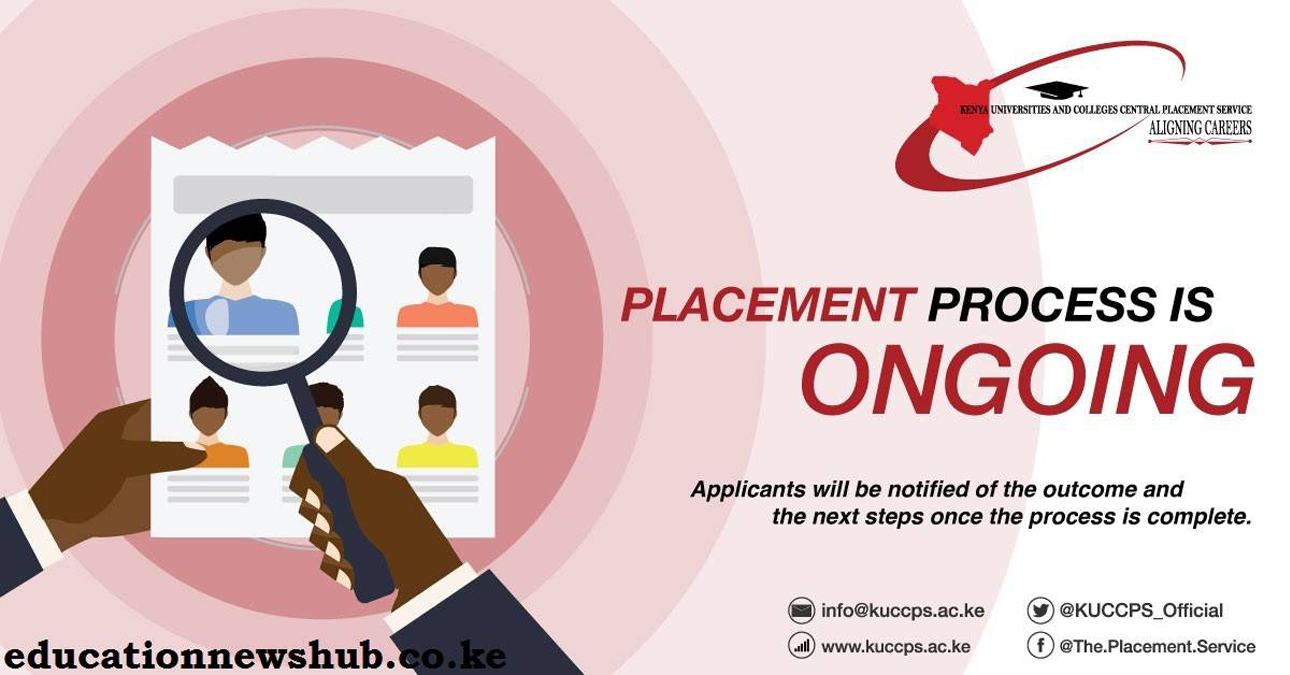Diploma and certificate students in Kenya’s public universities have received news that government financing will be withheld for those pursuing TVET courses within university settings. This was revealed by Agnes Wahome, the CEO Kenya Universities and Colleges Central Placement Service, in a recent interview on Citizen TV. The official stated that this pronouncement is to target “diloma” and “certification courses” in universities themselves.
TVET schools exist in some universities on their own, and these programs will also not be covered under government scholarships. This also locks out any potential students who would wish to further their education through these programs. Therefore, learners intending to benefit from the financial aid in pursuit of the specific programs will have to consider other ways of obtaining the finances. Nonetheless, Wahome assured that the diploma and certificate courses will still be accessible through the KUCCPS selection process. Consequently, potential students are encouraged to keep themselves updated on any other means of financial aid that will be getting implemented.
On the bright side, though, there are over 200 TVET institutions under the Ministry of Education. This is where students get to have unhindered access to government grants and loans, which will come in handy. For those students interested in TVET courses, this gives those students a chance to get this alternative without having to lose it to unavailability of financing.
In other related developments, Deputy President Dr. William Ruto has announced a need-based approach in financing college students. In the steps, students will be classified into three groups according to vulnerability and ability. To these effects, this new approach is considered to cushion a lot of families, as their financial contribution will not be required to be innovative.
This new financing model will take effect in the next fiscal year, and thus, this will work towards the new cohort of students who will enroll in TVET institutions or universities. This is likely to increase one’s hope for financial support in the future.
In relation to the government investment in the education sector, the President committed to increase higher education funding to Sh84.6 billion in 2023–2024. This is a 56% significant increase from the previous budget. The package includes Sh53 billion for general budgetary needs and Sh31.6 billion specifically targeted for HELB loans.
This has, therefore, been a significant advancement with wide-ranging positive implications that underscore its huge commitment to education and students under various academic programs. It is optimistically anticipated that the increase in investment is going to positively reflect in the quality and access to education in Kenya.




